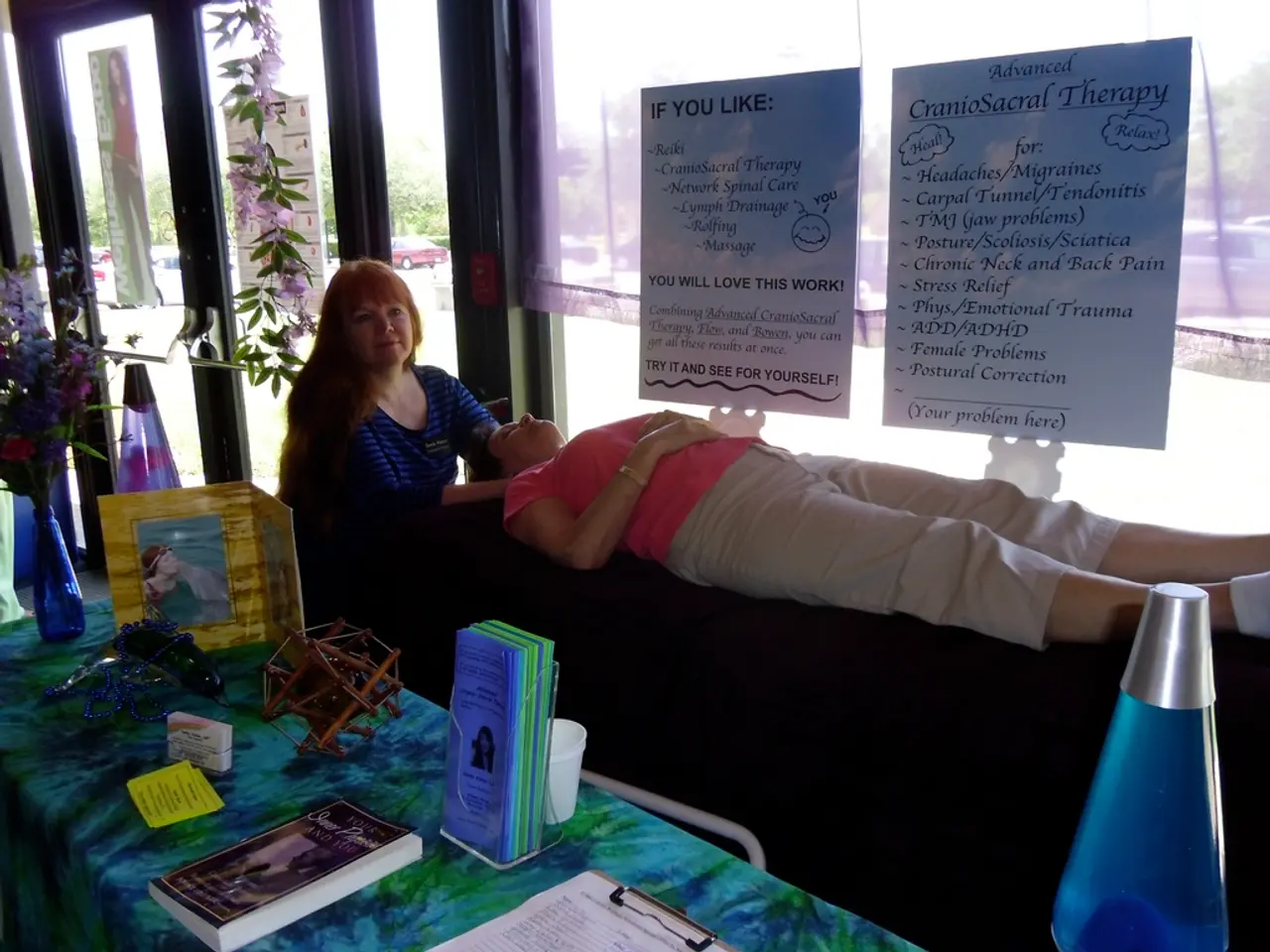Revealing the Hidden Facts on Dissociative Conditions
Dissociative disorders are a group of mental health conditions that affect memory, identity, emotion, perception, behavior, and an individual's sense of self. These disorders often emerge as adaptive responses to cope with traumatic events or experiences.
The primary cause of dissociative disorders is exposure to severe trauma, especially during childhood. This includes physical, emotional, or sexual abuse, neglect, or overwhelming traumatic experiences. Trauma leads the mind to create separation between parts of experience or identity as a coping mechanism.
Common types of dissociative disorders include Dissociative Identity Disorder (DID), Dissociative Amnesia, Depersonalization/Derealization Disorder (DPDR), and Dissociative Fugue, among others. Symptoms commonly include memory loss, feeling detached from oneself or the environment, sudden mood swings, difficulty maintaining relationships, and emotional numbness.
Dissociative disorders can have severe psychological effects, including sudden and unexpected shifts in mood, memory problems, sleep problems, sexual problems, severe depression, anxiety disorders, eating disorders, problematic drug use, self-harm, and difficulties in personal relationships, at school, and at work.
Addressing dissociative disorders typically involves a comprehensive approach, combining psychotherapy and, in some cases, medication. Trauma-focused psychotherapy, such as cognitive-behavioral therapy (CBT), is a widely used psychotherapeutic approach. It focuses on helping individuals recognize and modify negative thought patterns and behaviors.
Dialectical behavioral therapy (DBT) is another valuable form of psychotherapy. It concentrates on teaching skills to manage emotions and improve interpersonal relationships. In DID, integration therapy may be used to help unify fragmented identity states.
Medication may be prescribed to address specific symptoms associated with dissociative disorders, such as antidepressants, anticonvulsants, and anti-anxiety medications. However, it's important to note that medication does not directly address dissociative symptoms.
Creating a supportive environment, such as support groups and family therapy, is crucial for individuals with dissociative disorders. Partners of individuals experiencing dissociation may feel abandoned, unheard, and unloved. It's essential to foster understanding and empathy in these relationships.
Early intervention for acute trauma symptoms can prevent progression to chronic dissociative disorders. Treatment emphasizes understanding the dissociation as a protective mechanism in response to trauma, promoting compassionate and tailored therapeutic strategies to restore identity continuity and improve emotional regulation.
While there is no "cure" for dissociative disorders, treatment can help manage symptoms and improve the quality of life for those affected. It's crucial to approach these disorders with understanding, empathy, and a willingness to learn and grow.
Read also:
- Reversing Aging: Strategies for Restoring Vitality and Youthfulness
- Surgery and Chest Discomfort: Length and Remedies Exploration
- Challenging Lilly's dominance in the obesity drug market, five new oral medications are causing a stir. Orforglipron, Lilly's trademark drug, faces stiff competition.
- Symptoms Not to Overlook: Indications That Your Child Might Suffer from Lactose Intolerance





